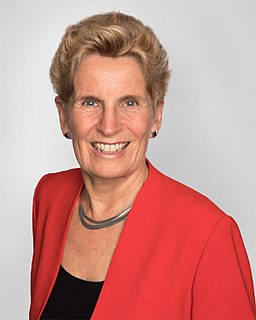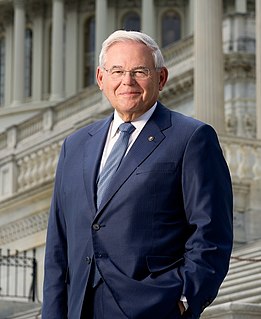A Quote by Mark Zuckerberg
Health is certainly extremely important, and we've done a number of things at Facebook to help improve global health and work in that area, and I am excited to do more there, too. But the reality is that it's not an either-or. People need to be healthy and be able to have the Internet as a backbone to connect them to the whole economy.
Related Quotes
I do normal kind of contributions, particularly for people who are going over to Africa and help highlighting global health, and that's tended to be pretty bipartisan in nature because of the coalition there exists fortunately around these global health issues. But I don't think my backing, putting a lot of money into political contributions is a way I'm going to try and help improve the world.
One of the things we need to do is address mental health care as an integral part of primary care. People often aren't able to navigate a separate system, so you see successful models where a primary care physician is able to identify, diagnose, and concurrently help people get mental health treatment who have mental health issues.
To improve global health, it's not enough just to have a really good new product and to obtain marketing approval. You still need to market the product and bring it to patients, follow up, create the infrastructure, and so on - the whole pipeline, the network. That's something that companies are extremely good at: organizing a whole pipeline in a cost-effective way.
I want us to be judged by the impact we have on the health of the people of Africa and the health of women. Improvements in the health of the people of Africa and the health of women are key indicators of the performance of WHO. This is a health organization for the whole world... But we must focus our attention on the people in greatest need.
The Affordable Care Act is a huge problem. [Repealing the ACA is] going to have huge implications. We have millennials that live in Boston that are on their parents' health insurance. The businesses have hired them and have been able to hire more people because they have been able to be on their own health insurance. We have seniors in our city who have preexisting conditions, or something called a "donut hole," which is a prescription drug [gap] in Medicare. Whatever changes they make could have detrimental effects on people's health care, but also on the economy.
One thing I want to clarify - that every service member, veteran, wants us to remember - is that the vast majority of people returning from service come back completely healthy. But when we do come across someone who is struggling. We have to develop a culture of open arms and acceptance so that they feel comfortable saying, "I'm a veteran. And by the way, I need little help." This is something we need to do in this country around mental health as a whole - destigmatizing mental health.
What the economy requires now is a whole different set of skills: You need intelligence, you need an ability to sit still and focus, to communicate openly to be able to listen to people and to operate in a workplace that is much more fluid than it used to be. Those are things that women do extremely well.



































